‘If you’re using the #NotAllMen hashtag, you’re part of the problem’
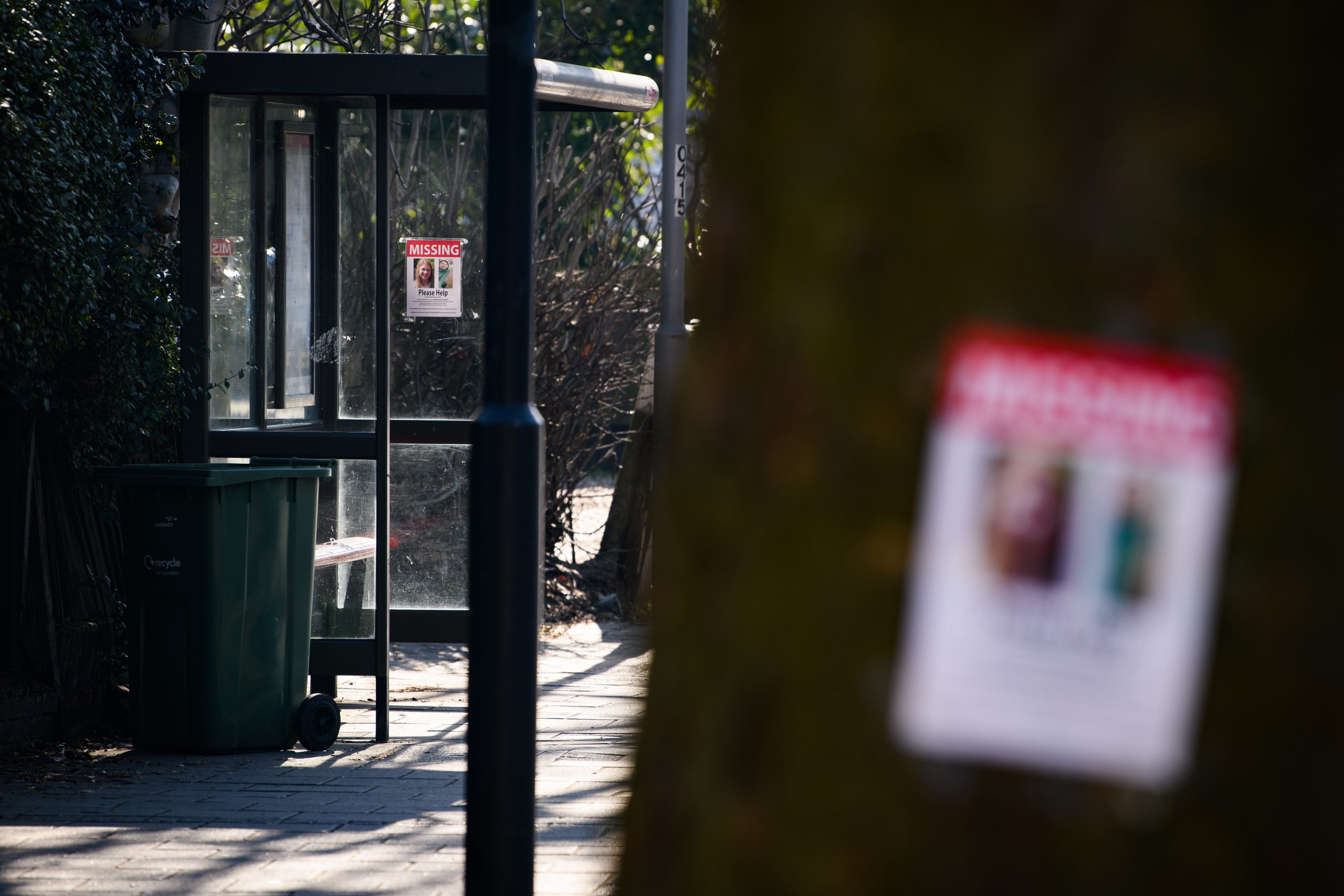

Sarah Everard went missing on 3 March in South London, walking from a friend's house in Clapham to her home in Brixton.
Her body was found in a Kent woodland this week, with a member of the Metropolitan police currently being held, suspected of her kidnap and murder.
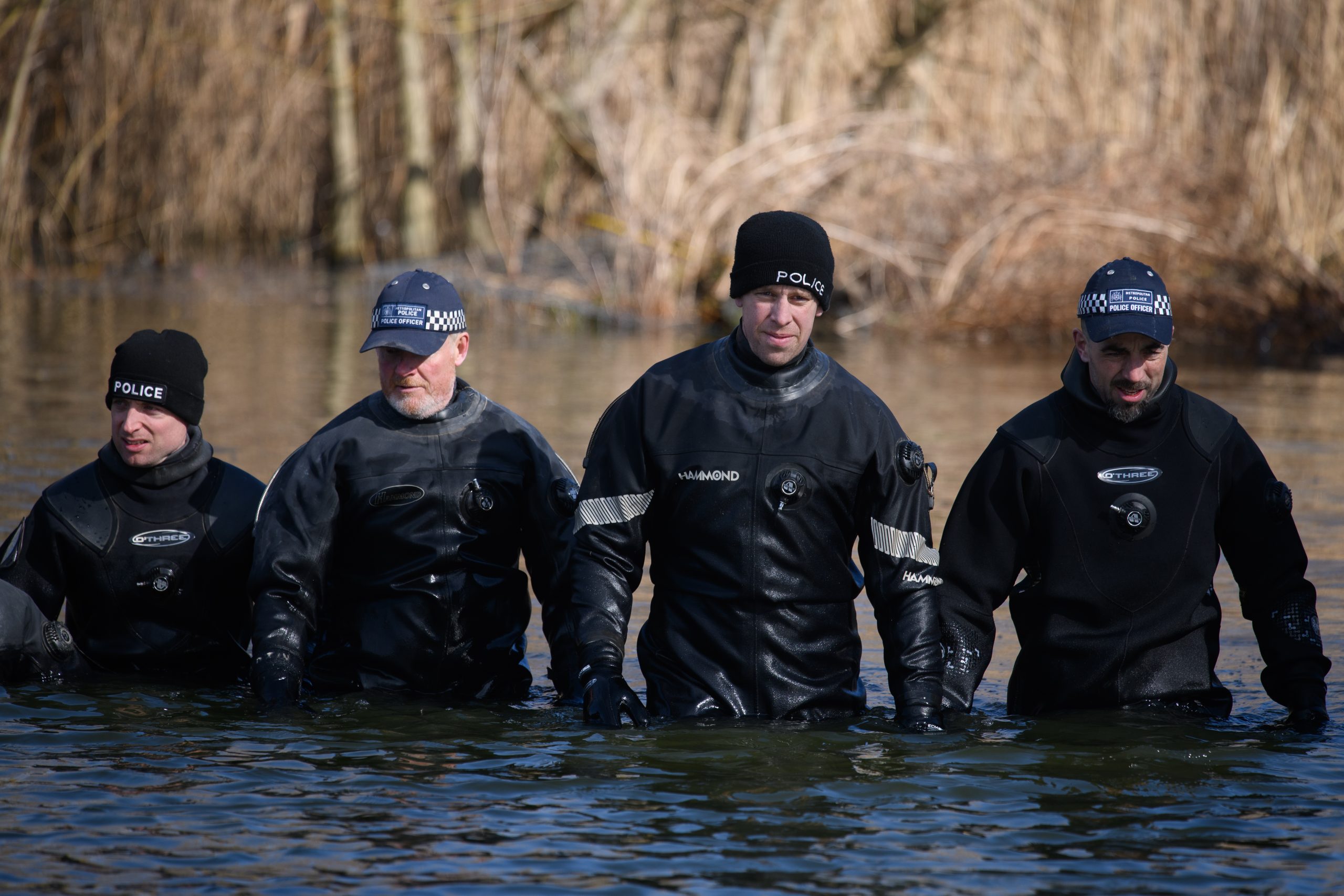
Sarah Everard's disappearance and murder has been felt deeply by all women I know. Sarah could have been any of us and she couldn't have done anything more to ensure her safety.
She wore bright clothing and comfortable shoes, she walked on well-lit main roads and she called her partner en route.
She did everything right.
Adding to the fear is of course the fact that the suspect is a member of the Metropolitan police - a figure that we women would look to in those situations for protection.
Now is a scary time to be a woman and if you feel that fear, you’re not alone.
Marie Claire Newsletter
Celebrity news, beauty, fashion advice, and fascinating features, delivered straight to your inbox!
Sarah’s disappearance has triggered conversations that should have happened long ago, ones where women are voicing their safety fears and the world is actually listening.
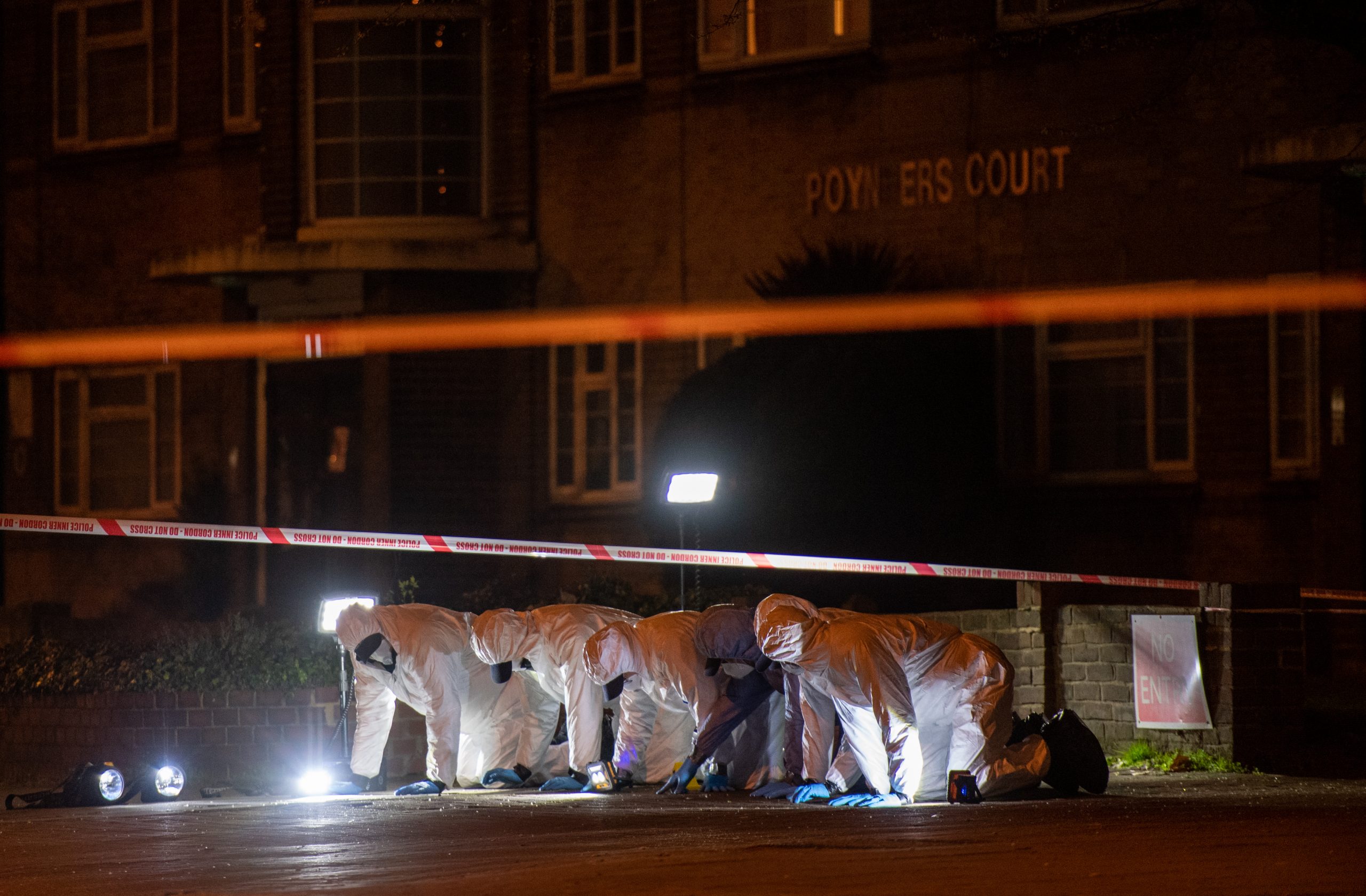
Like women across the world, I take precautions every time I walk out after dark to avoid street harassment and assault. I go out of my way to walk on well-lit main roads, I wear comfortable shoes in case I need to run away, I take my headphones out so I can hear if someone comes up behind me, I hold my keys in my hand in case I need a weapon and I stop at every bus stop to check if anyone is following me. I avoid eye contact with strangers in case they ask for directions that take me off the main road, I don't walk too close to parked vehicles and I ring friends to let them know where I am.
These are precautions that women take every time we walk home after dark, something that in winter means as early as 4pm.
And on occasions where I will be drinking or coming home in a dress (even if it's long-sleeved and ankle-length), I will get a taxi. But again, as all women know - getting a taxi doesn't exactly ensure our safety and comes with a whole new set of precautionary measures.
I (like many women) note the number plate in case I’ll be reporting it to the police later, check for the taxi driver's identification, track the route the whole way and share my journey with a friend.
Again, this is the norm.
To put it simply, women do not feel safe and over half the population is making a conscious effort not to be assaulted or abducted at all times. When a case like Sarah’s is reported therefore, it is impossible not to feel hopeless.
Sarah should have been safe to walk home and she followed all the 'rules' to ensure it, yet the streets continue to be a dangerous place for women, and even if you practice hyper-vigilance, you can still be at risk.
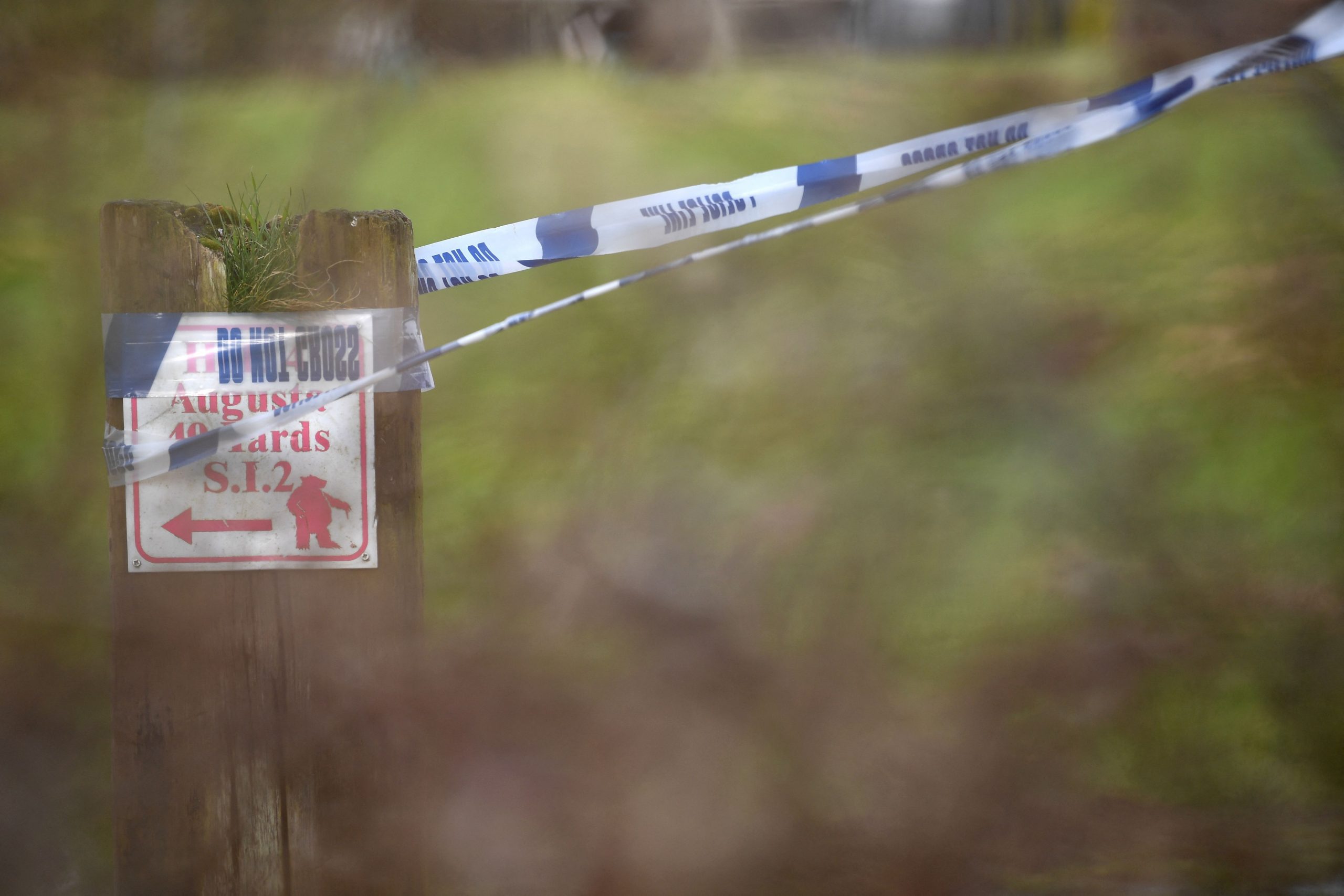
Social media has seen an outpouring of support from men, coming forward to ask how they can help make women feel safer on the streets at night.
This is progress, and by just having these conversations we are making real change.
It is these conversations that remind men not to unintentionally block a lone woman’s path at night and prompts lawmakers to take action, whether that’s by investing in more street lamps or pushing for tougher sentences for attackers.
It all makes a difference and we really must continue.
I was saddened (like many women and men) to see #NotAllMen trending on social media, even above Sarah Everard’s name at one point.
Insisting that not all men attack women, the harmful hashtag is derailing the conversation and twisting the wave of women speaking up about street violence into ‘man hating’.
Of course we’re not saying that all men are dangerous, but we are saying that all women feel unsafe. And we need all men to stand with us to do something about it.
So, instead of getting defensive and deflecting the important conversation to focus on your own image perception, help us tackle the problem.
‘It’s true that #notallmen harm women,’ Jameela Jamil posted to Instagram. ‘But do all men work to make sure their fellow men do not harm women? Do they interrupt troubling language and behavior in others? Do they have conversations about women’s safety/consent with their sons? Are #allmen interested in our safety?
‘You don’t get to exclude yourself from the wrong side unless you’re actively fighting on the right side.’
Women are not going to feel safe overnight but everyone has a part to play in progress. And whether that's by campaigning for legislative change, calling out harmful behaviour or just putting yourself in a lone woman’s shoes at night and ensuring you’re not appearing to be a threat, we can all make a difference.
We have a duty to Sarah Everard to keep having these conversations and ensuring that her case is a catalyst for change.
We must do better, and we need both men and women to achieve this.

Jenny Proudfoot is an award-winning journalist, specialising in lifestyle, culture, entertainment, international development and politics. She has worked at Marie Claire UK for seven years, rising from intern to Features Editor and is now the most published Marie Claire writer of all time. She was made a 30 under 30 award-winner last year and named a rising star in journalism by the Professional Publishers Association.
-
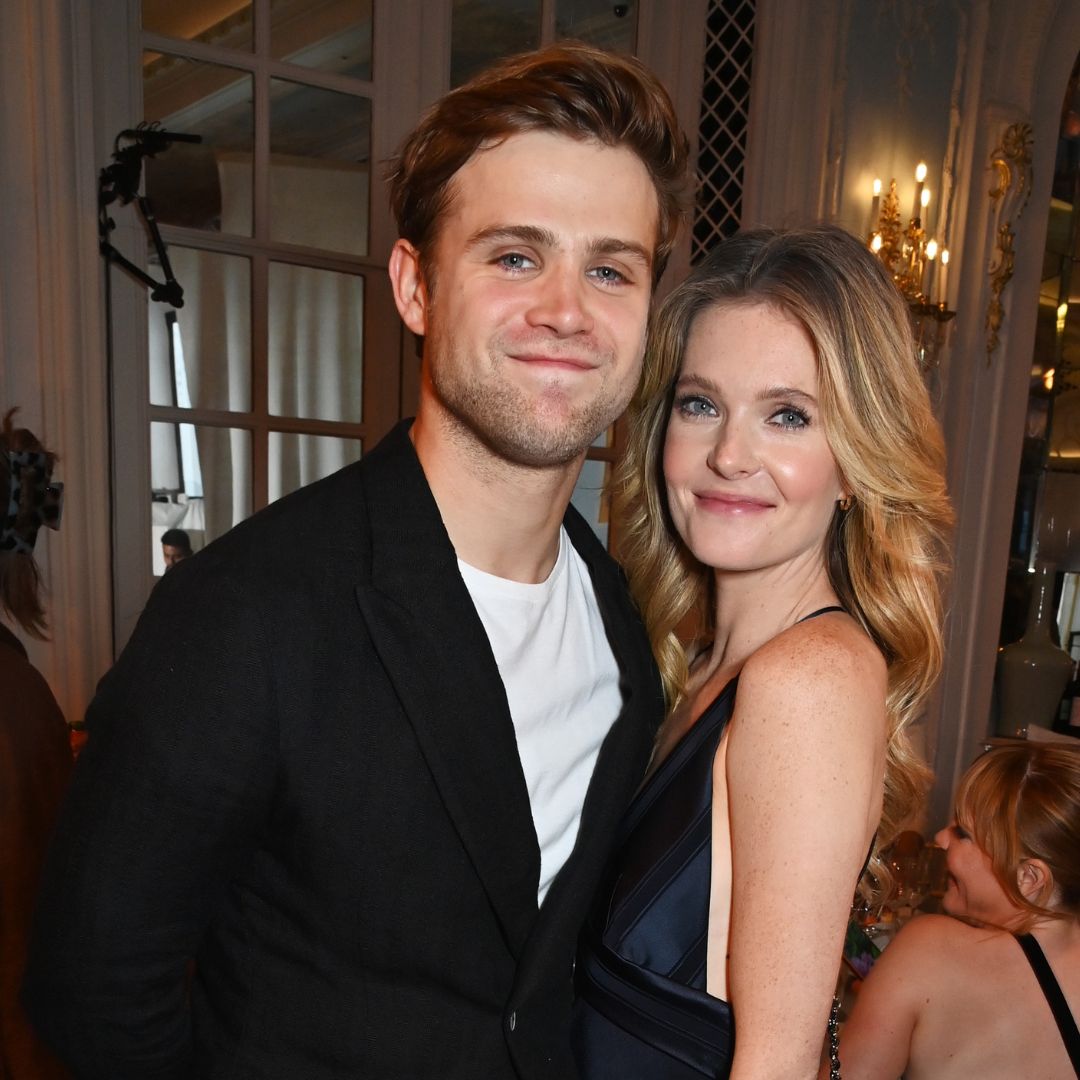 Here's a rundown of The White Lotus cast members who have dated in real life
Here's a rundown of The White Lotus cast members who have dated in real lifeBy Jenny Proudfoot
-
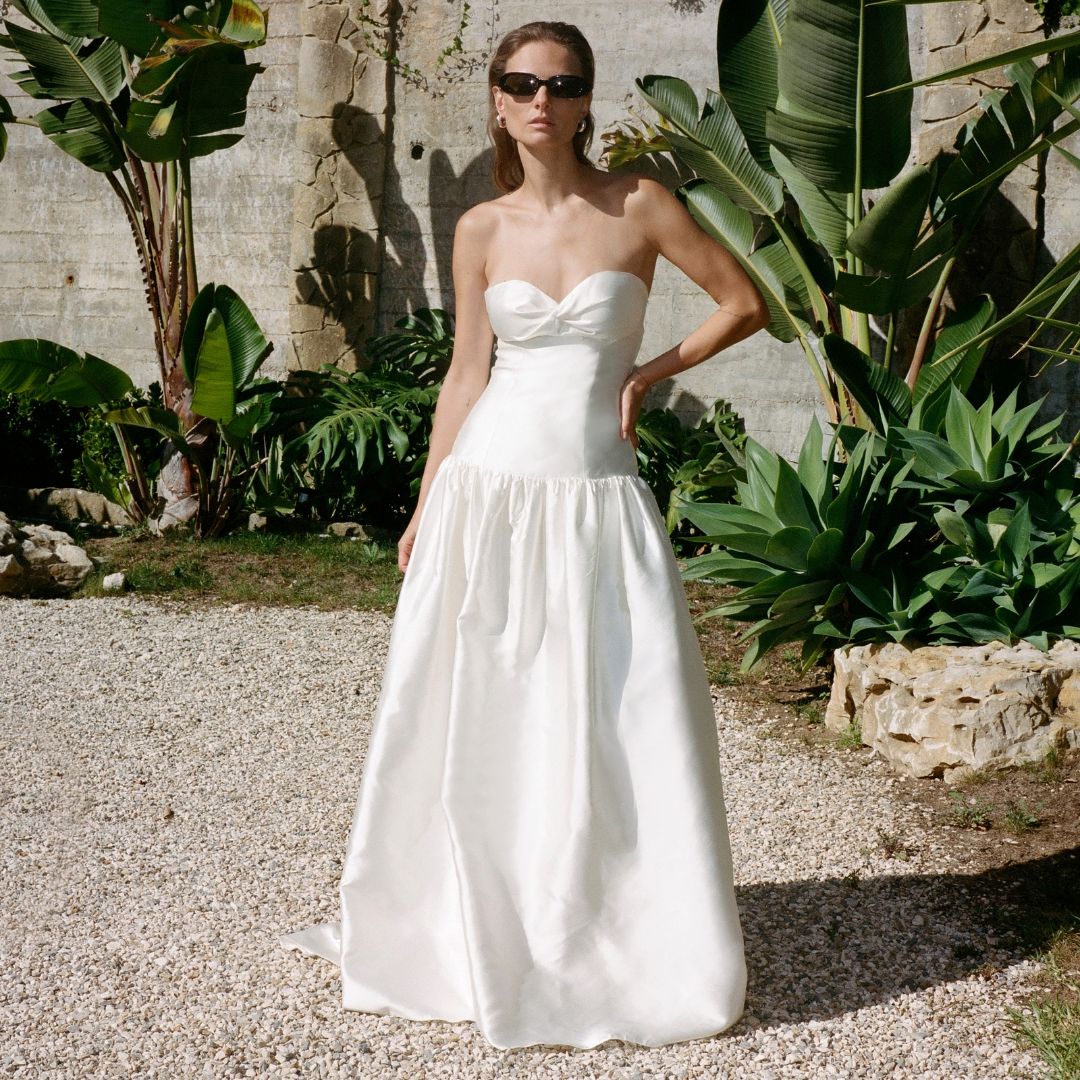 All the coolest brides are wearing drop-waist wedding dresses this year
All the coolest brides are wearing drop-waist wedding dresses this yearWedding Special Minimalist, nostalgic, and universally flattering
By Clementina Jackson
-
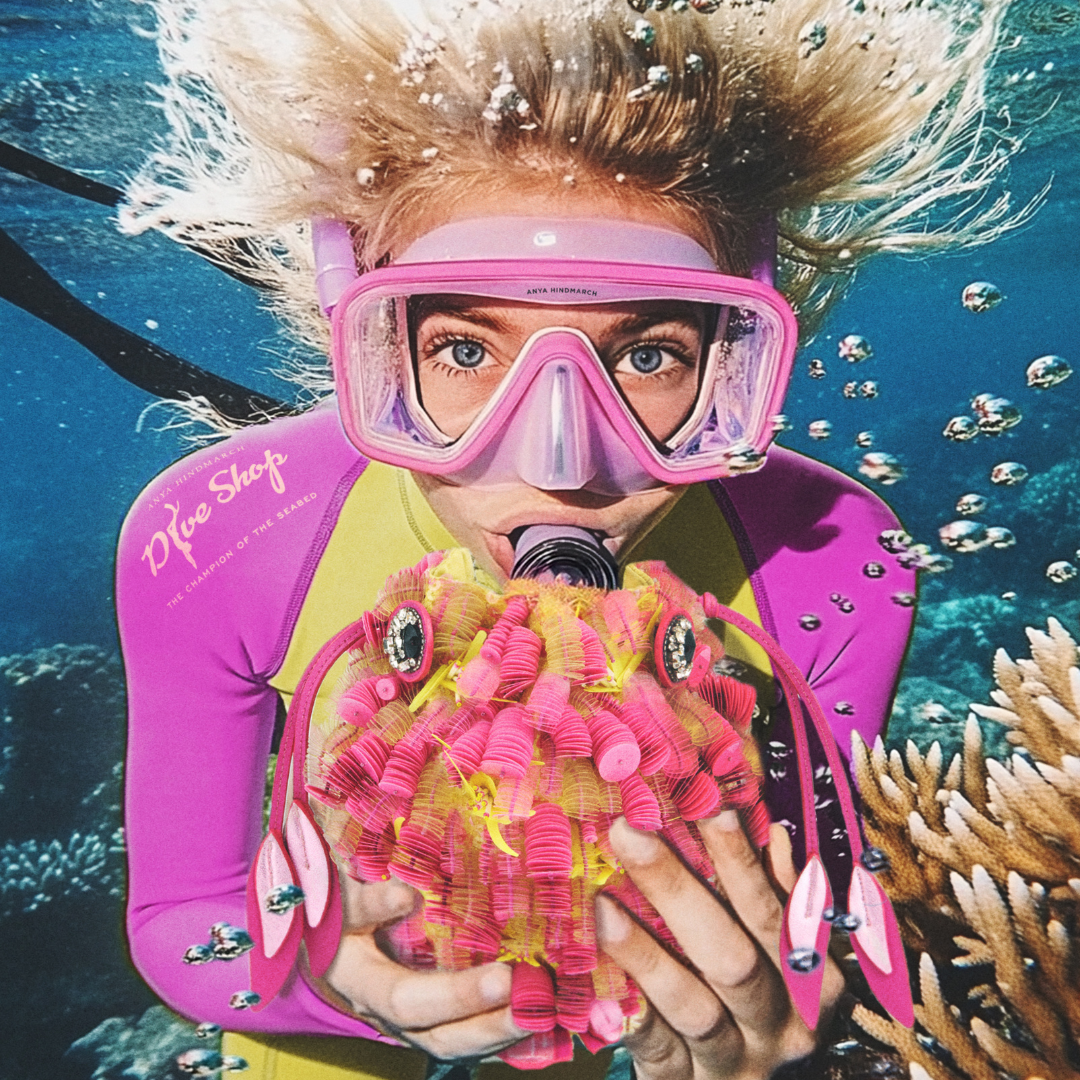 Anya Hindmarch has just launched a fantastical diving shop in central London
Anya Hindmarch has just launched a fantastical diving shop in central LondonFor those who would rather be beside the seaside...
By Sofia Piza
-
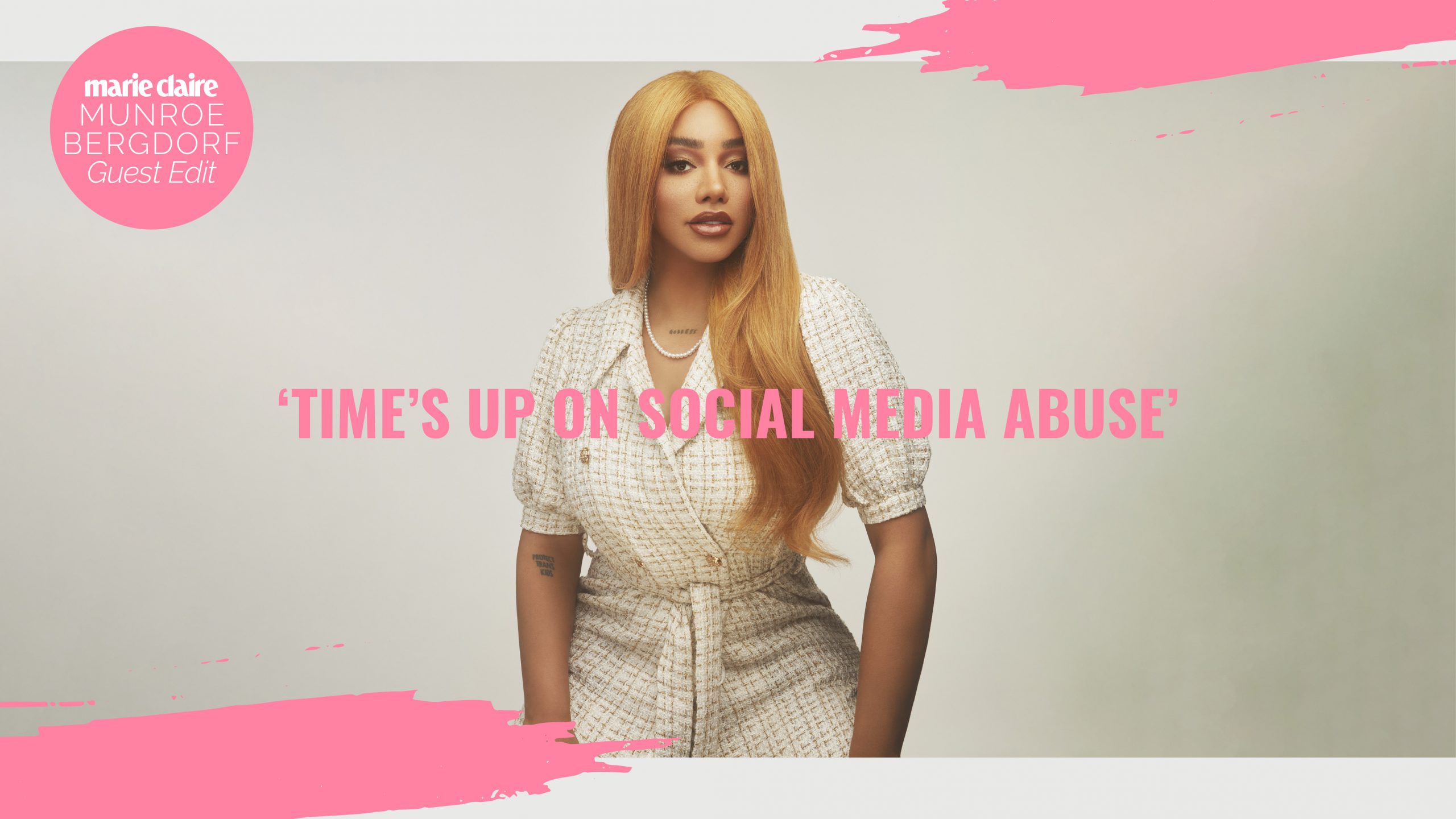 Munroe Bergdorf: 'Time's up on social media abuse'
Munroe Bergdorf: 'Time's up on social media abuse'Activist Munroe Bergdorf on why 2021 must be the year of lasting, impactful change online
By Sophie Goddard
-
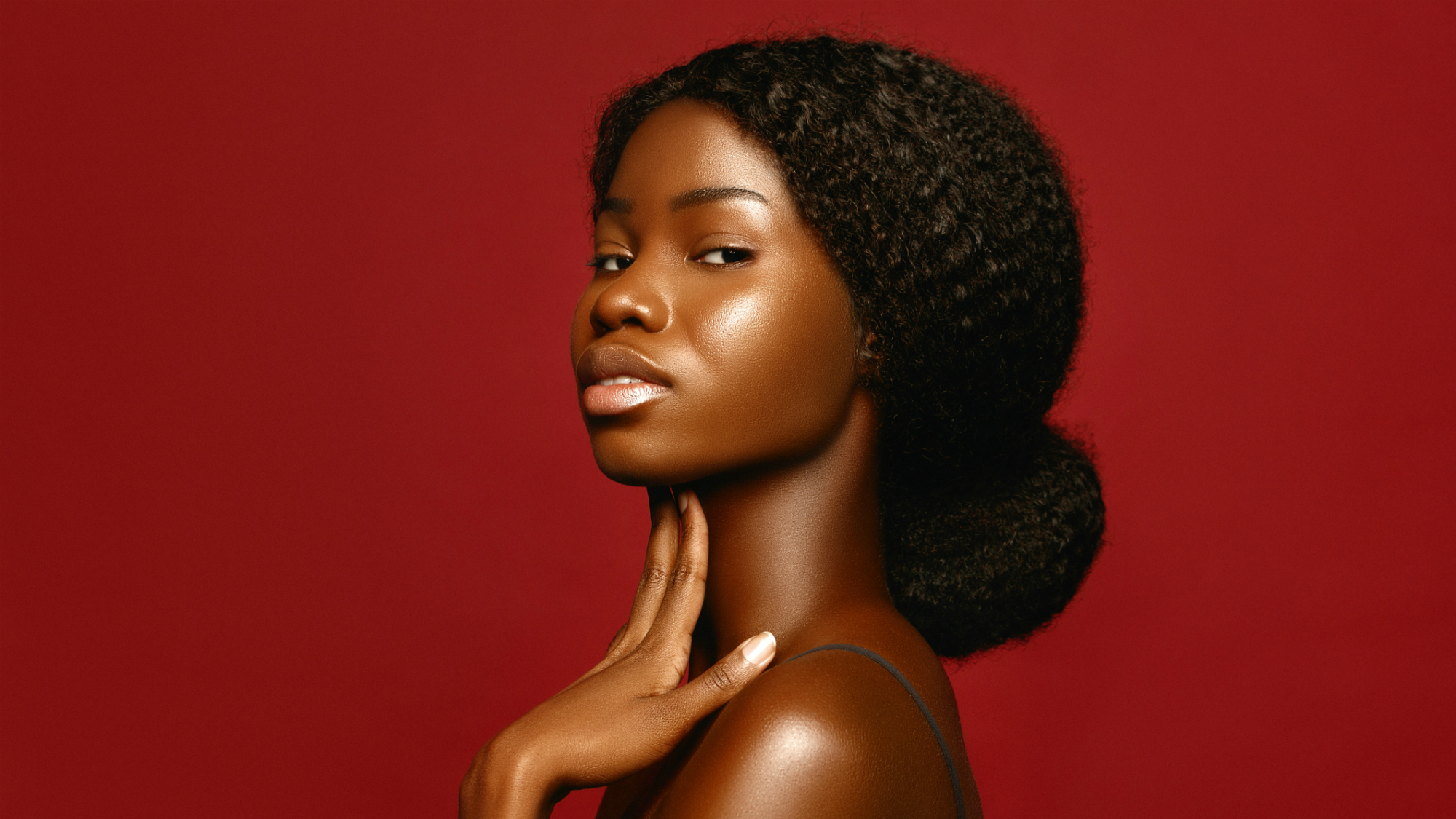 After the Candice Brathwaite TV show storm: 'Are we finally ready to talk about colourism?'
After the Candice Brathwaite TV show storm: 'Are we finally ready to talk about colourism?'Ateh Jewel, Marie Claire's beauty columnist, talks about the Candice Brathwaite and Rochelle Humes docu debacle and why colourism - the preferential treatment of lighter-skinned individuals compared with darker-skinned Black people - must finally be acknowledged and action taken
By Ateh Jewel
-
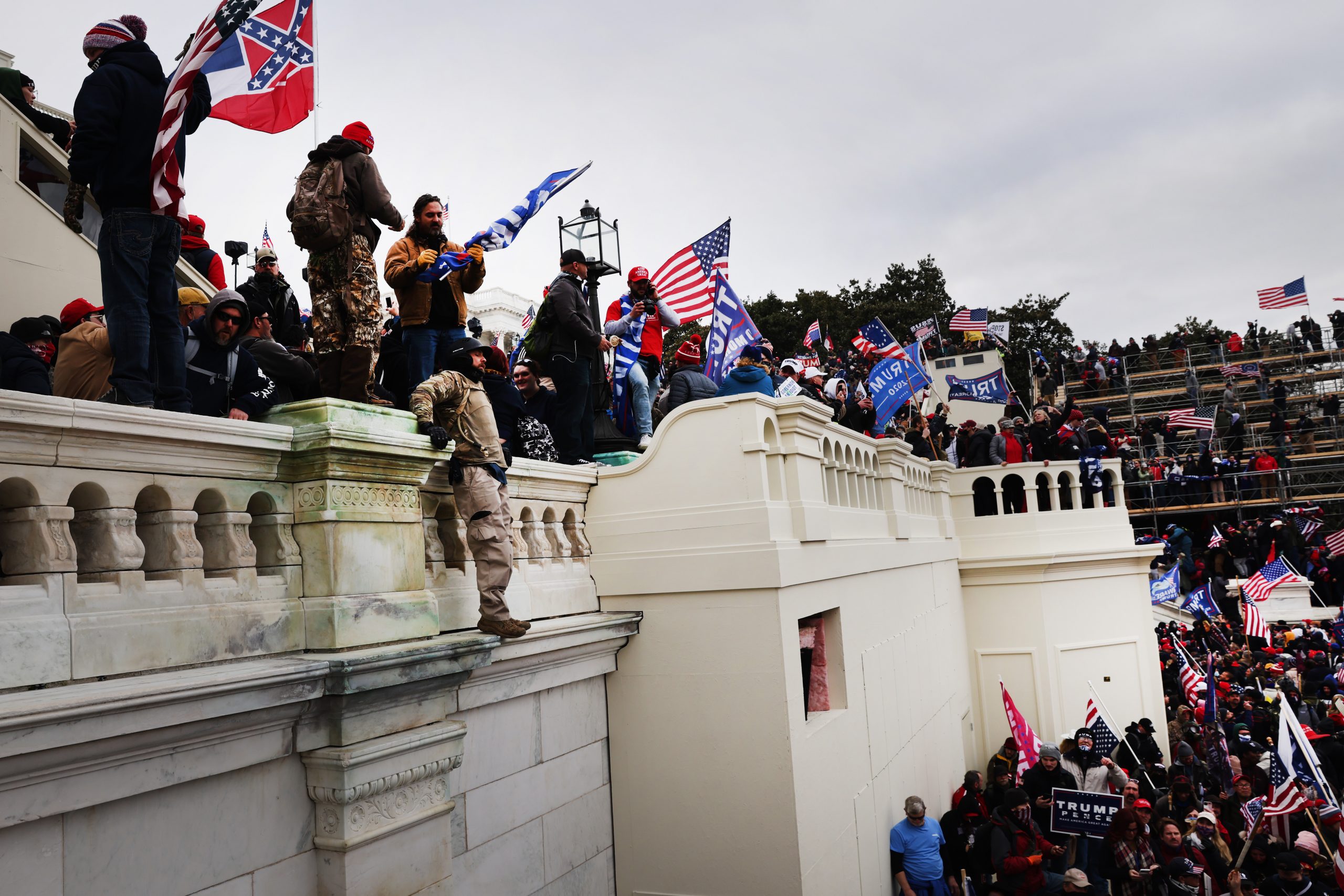 'We cannot ignore the white privilege on display at last night's Capitol Hill riot'
'We cannot ignore the white privilege on display at last night's Capitol Hill riot'By Jenny Proudfoot
-
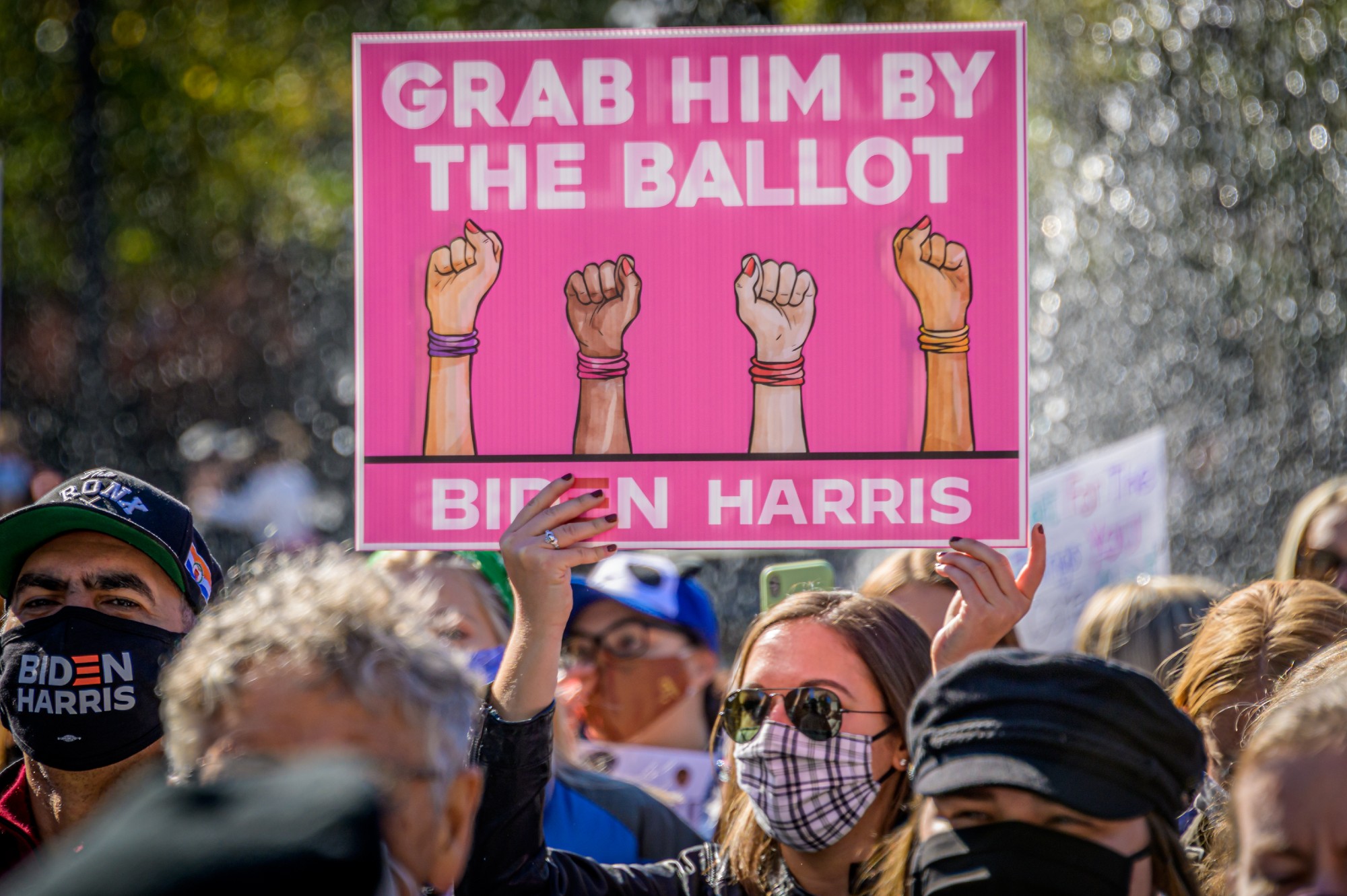 US Election 2020 - An Insider Tells All: ‘There’s no coming back from this, is there’
US Election 2020 - An Insider Tells All: ‘There’s no coming back from this, is there’Days before the most consequential election ever, Becca Andrews, a journalist at US news site Mother Jones, reveals what it's like living in Trump’s America and why, along with tens of millions, she’s holding her breath expecting the worst
By Marie Claire
-
 Instagram turns 10: but is it breaking us or making us more human?
Instagram turns 10: but is it breaking us or making us more human?Happy birthday Instagram! A simple photo-sharing app was born on 6 October 2010 and changed the world for better or worse. Now home to more than a billion active users, author Daisy Buchanan examines her complicated relationship with it
By Maria Coole
-
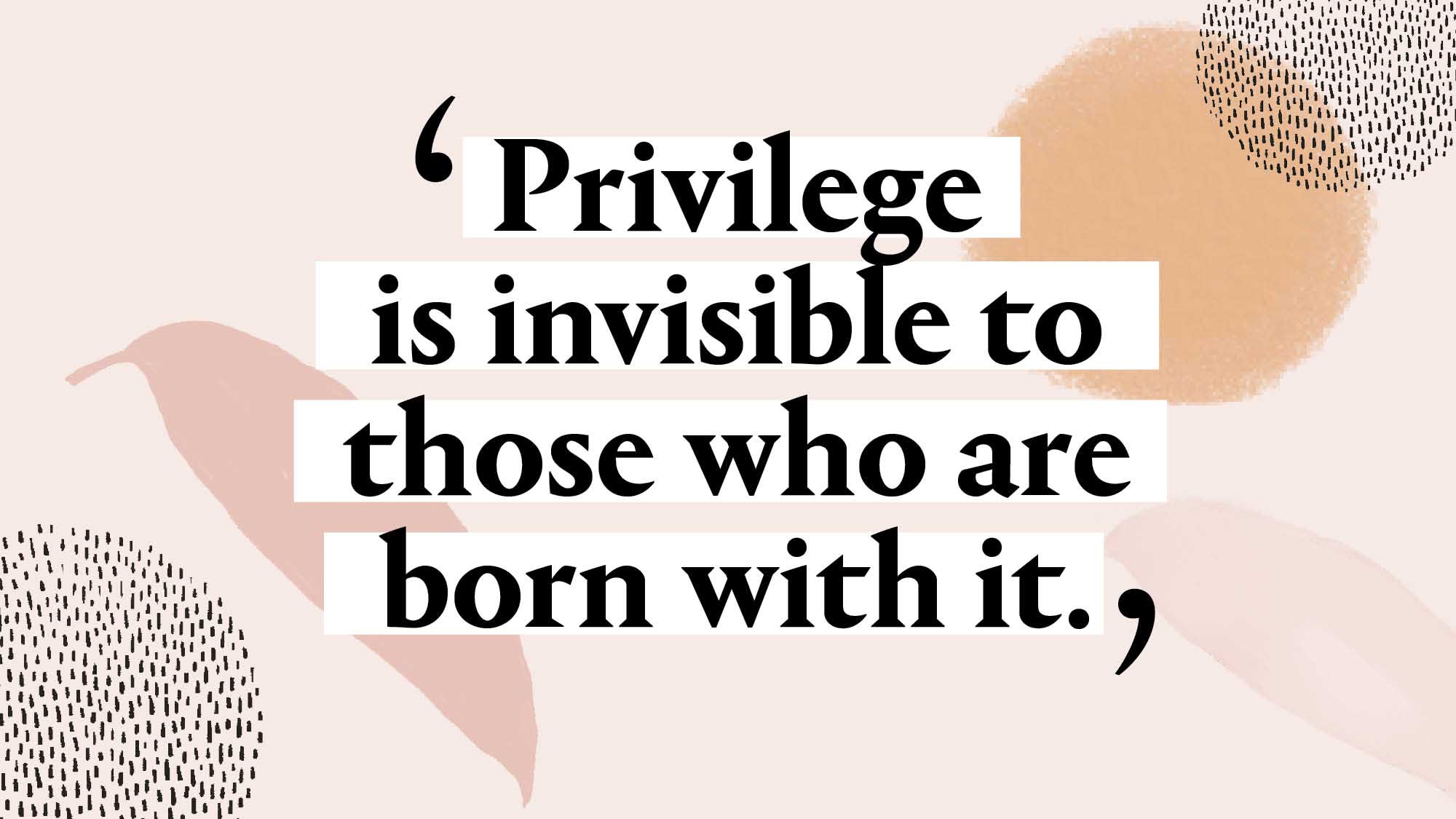 'Why do we still have a problem with race?' asks anti-racism activist Layla F Saad
'Why do we still have a problem with race?' asks anti-racism activist Layla F SaadHow do you become a better anti-racist ally in 2020? For starters, recognise that if you're white and privileged, you're probably helping uphold an oppressive system. On Black History Month, we're shining a spotlight on what Layla. F Saad, author of Me and White Supremacy, has to say about shutting down racism
By Marie Claire
-
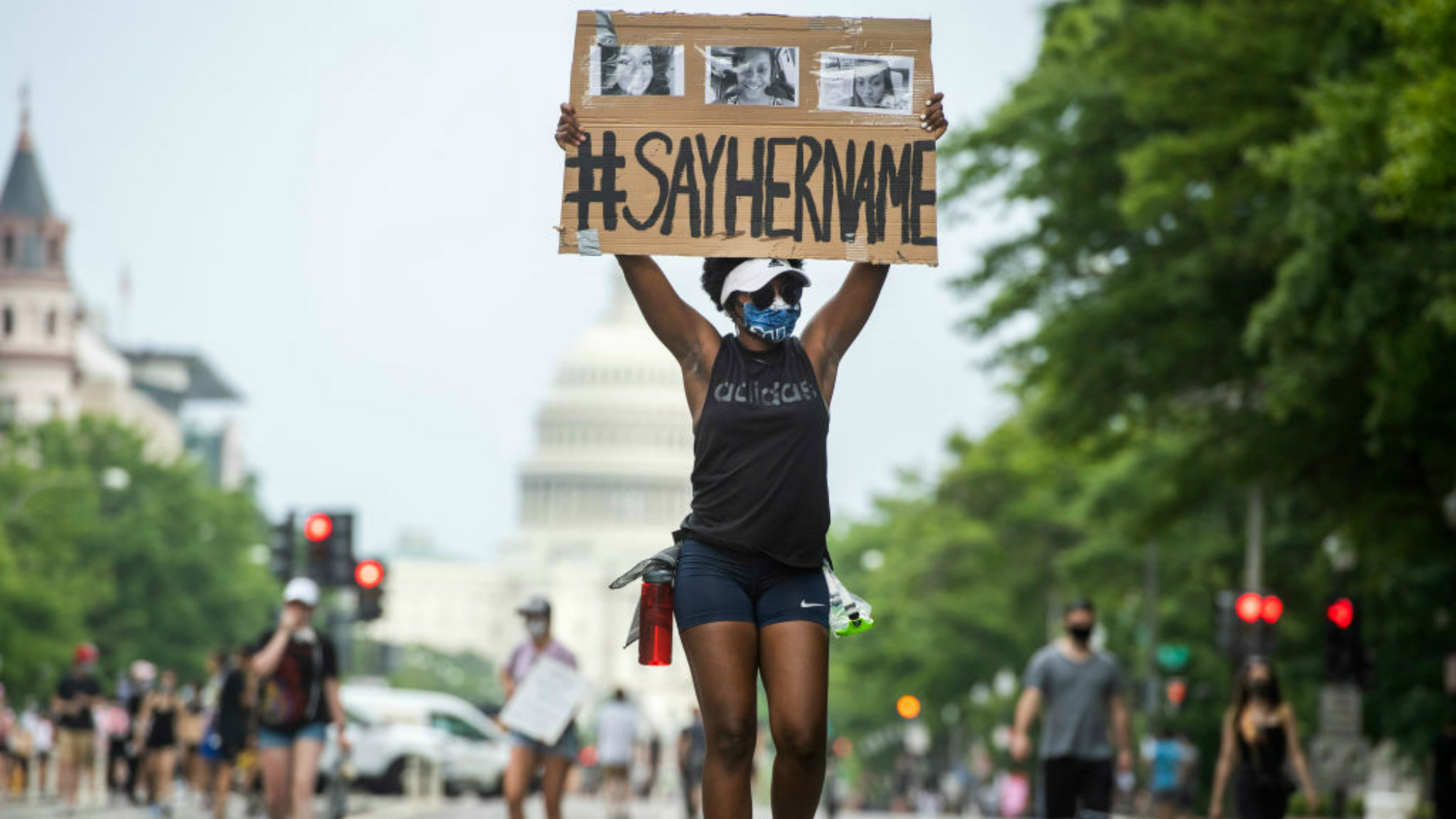 Hunger strikers demand justice for Breonna Taylor
Hunger strikers demand justice for Breonna TaylorBlack Lives Matter protests are still reverberating and now protesters in the US are on hunger strike seeking justice for Breonna Taylor, a woman killed at home by police in March. Marie Claire's Dami Abajingin asks why the killing of black women is rarely centre stage in narratives about police brutality and why #SayHerName matters
By Marie Claire
-
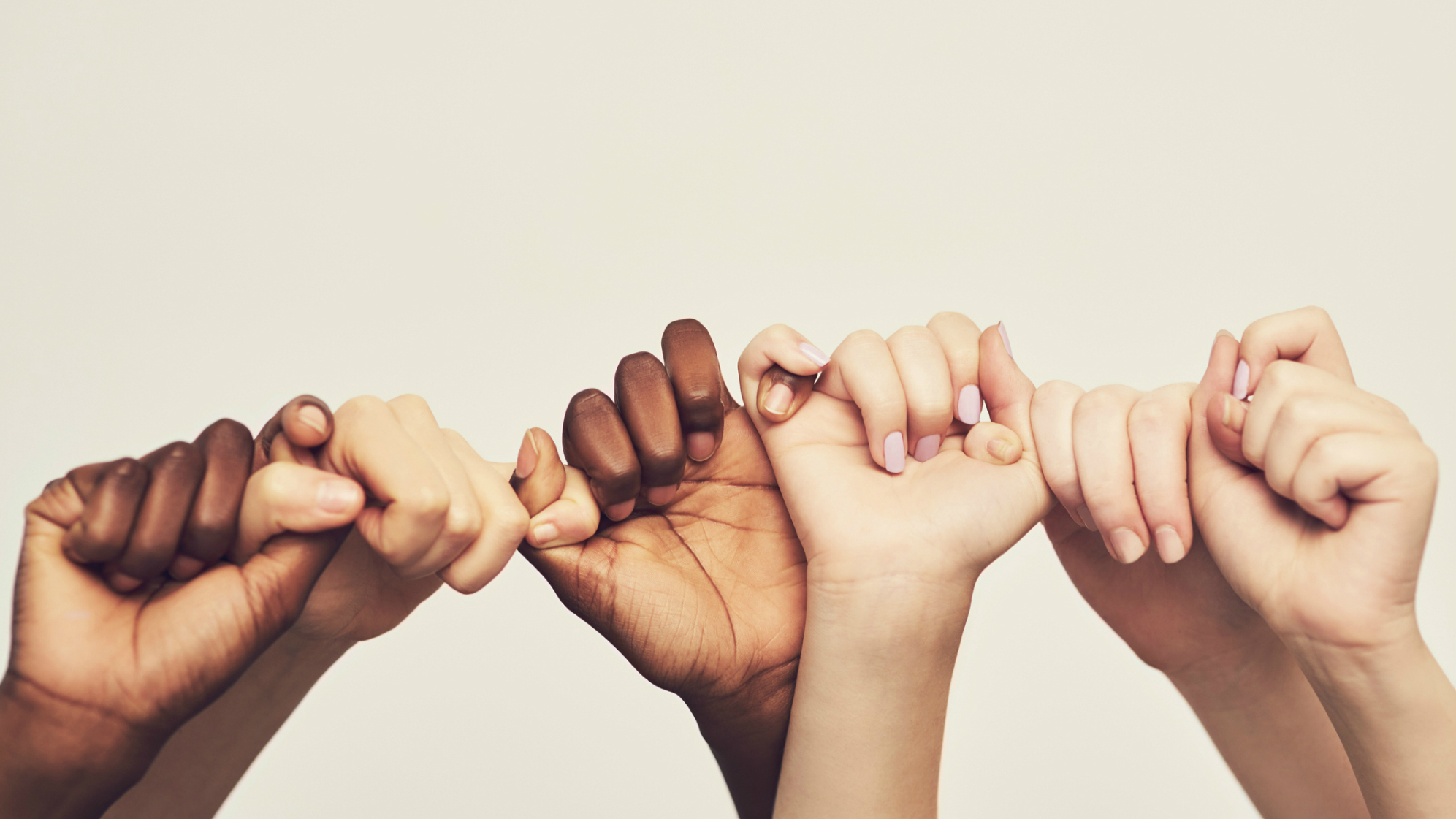 Dear White Mumfluencers, we need to talk about being an anti-racism ally
Dear White Mumfluencers, we need to talk about being an anti-racism allyMy name is Zeena Moolla. Like you, I'm a part of your world, albeit my Word To The Mothers occupies a far less frequented space. I apologise for the unsolicited nature of this address, but I felt we needed to talk...
By Marie Claire